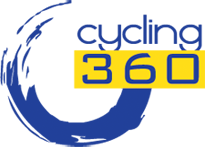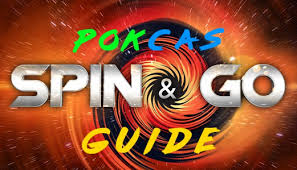Many people have asked me over the years what is the proper bankroll to play poker with. Now I am sure that you have at least once sat at a table with no more than five percent of your bankroll, and even that may have been stretched higher. In the beginning I used to play with twenty buy-ins, and would move up or down as I needed to. But moving up a level or two and playing against tougher competition usually meant that I was playing against people who were prepared to push their full bankroll into the middle. If you are not prepared to do so, you could lose a lot of money fast.
Nowadays I play with 15 buy-ins, and I am extremely aggressive in both cash games and tournaments. Most people ask me what the correct bankroll to play with is, and I’ve often replied with figures like 25 or 30 buy-ins. However, now I think 15 buy-ins is a little conservative. You’ll never have to worry about a bankroll like that again – and by the time you reach that level, your bankroll will have doubled.
Another question that I get asked a lot is “Is it better to cash out early or wait for your bankroll to double?” The answer is that there is no Correct Answer. It all depends on the situation, and the players. You want to play in situations where you have a higher probability of winning, whether they are cash games or tournaments. Early on in a tournament, for example, you don’t want to be playing with a weak hand if you can help it. On the other hand, in a cash 7meter, you’ll always have someone to beat.
The bankroll thing for me is a very important factor. If you have a lot of free money, it is much easier to play variance games than normal ones. In a free poker room, players will play all kinds of weird ways if they don’t have real money. If you play in a normal poker room with real money, you tend to find better game and will have a better grasp on the game. In a free poker room, you’ll have a lot of inexperienced players, lots of terrible play, and lots of suckouts. traders will fix about 75% of all games, especially in the lower stakes.
For me the most important part of poker, besides the cards, is the people. The player who really understands the game and knows a lot about his opponents is going to win almost all the money. If you’re an intelligent person, you can make a lot of money from poker. Another important factor is that you can’t become depressed when you have a bad beat, it’s part of the game. When you lose it’s ok, you go back to the dealer and exchange your chips for few more and you’ll win a few hands. When you win, you might get proposition bets on your next hand, and if you win that hand, you’ll get a big kick out of it. People who get depressed near the end of the game tend to call often, and players who are persistent will either get laid off or get eliminated.
I could go on and on. The point I am trying to make is that you can’t learn how to play poker overnight. If you believe in yourself, you can play well enough, and you might win. Just keep on learning, and you will. Ok, so that’s it. I don’t know how many hours you put in to learn how to play, but I know that it well beyond the span of an hour that you can learn the game. Good luck!

